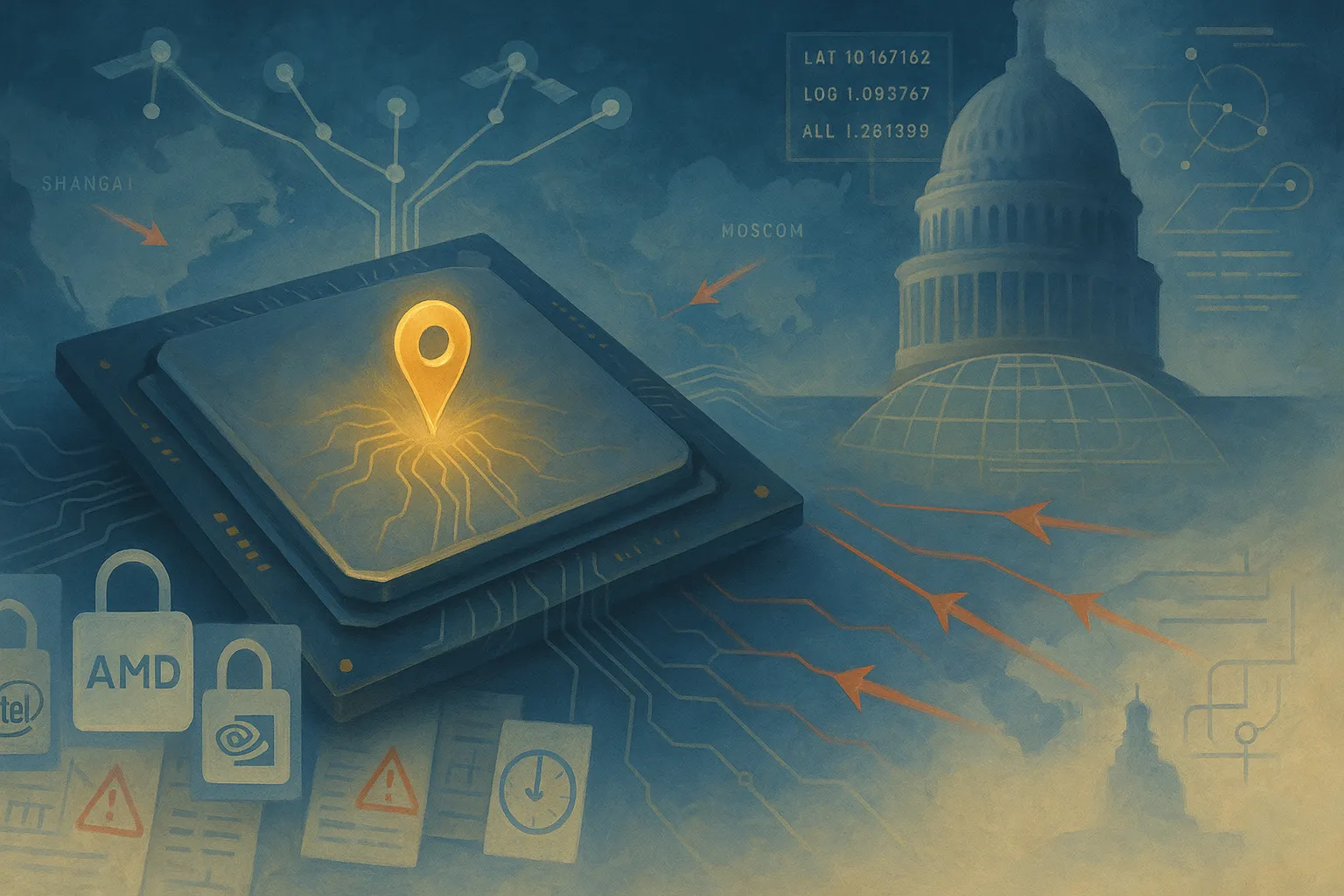New legislation in Congress would require location tracking technology in high-performance processors, including advanced graphics cards and AI chips used in data centers and gaming computers.
Senator Tom Cotton of Arkansas introduced a bill requiring manufacturers to embed tracking capabilities in processors classified under specific export control numbers. The legislation affects products from AMD, Intel, and Nvidia, including consumer graphics cards like the RTX 4090.
The Commerce Secretary would oversee a central registry of chip locations and end-users. Manufacturers would need to implement tracking features within six months of the bill's passage and report any unauthorized movement of controlled hardware.
Central Registry and Oversight
The scope extends beyond AI accelerators to include high-performance graphics cards and server systems. This broader reach reflects growing concerns about technology transfer to unauthorized foreign entities.
For semiconductor companies, the six-month implementation deadline presents significant technical challenges. Adding location monitoring to existing processor designs requires substantial engineering work and could impact development schedules.
Trade Secret Protection
The bill mandates a joint study by the Commerce and Defense departments to identify additional security measures. Three years of annual assessments would follow, potentially leading to new technical requirements for controlled hardware.
Implementation timelines acknowledge the complex nature of chip development. The legislation allows for gradual adoption of future safeguards, recognizing that full compliance could take years depending on final technical specifications.
The bill emphasizes protecting trade secrets while enhancing security. Any tracking mechanisms must preserve the confidentiality of proprietary technologies to maintain U.S. industrial competitiveness.
Reporting Requirements
Hardware developers would need to notify the Bureau of Industry and Security about any evidence of tampering or unauthorized relocation. This reporting requirement adds a new layer of responsibility for companies already navigating export controls.
Annual reviews will evaluate advances in security technology, potentially leading to updated requirements. This framework aims to keep monitoring capabilities current with evolving processor technology.
Why this matters:
- The legislation marks a shift from regulating chip sales to actively monitoring hardware location, creating new compliance requirements for the semiconductor industry
- Consumer hardware faces increased scrutiny as high-performance gaming components become powerful enough to trigger national security concerns









